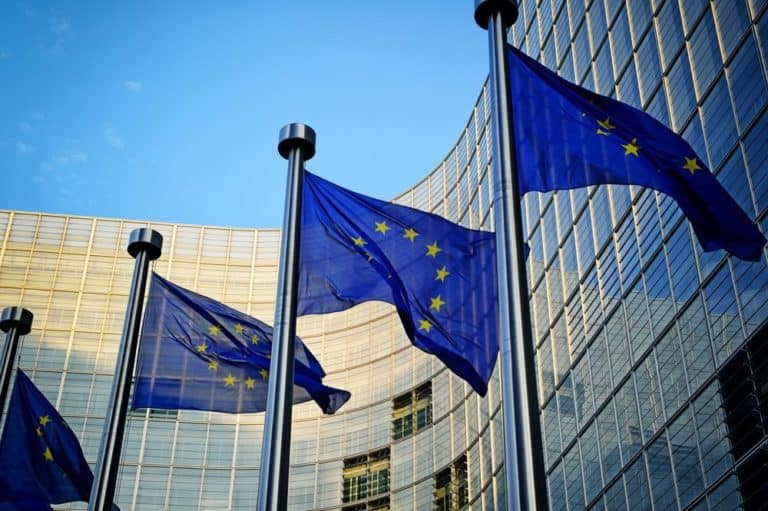While a two thirds majority are opposed to the idea, the EC continues to try to reach a consensus.
This week Reuters reported that a majority of EU countries have rejected a push by Europe’s big telecoms operators to force major tech companies like Google to help fund the rollout of 5G and broadband in the bloc.
The decision came at a meeting with Thierry Breton, the Commissioner for Europe’s Internal Market, in Luxembourg last Thursday. The EU’s telecoms ministers were split over whether to impose the proposed levy, sources told Reuters.
A majority favors making tech companies pay
A majority of 18 countries either rejected the proposed network fee levy on tech firms, or demanded a study into the need and impact of such a measure. Ten supported the levy and three countries professed neutrality on the issue.
Opponents of the fee scheme included included Austria, Belgium, Czech Republic, Denmark, Finland, Germany, Ireland, Lithuania, Malta and the Netherlands, according to the sources. They also said that France, Greece, Hungary, Italy, Spain and Cyprus were among the countries supporting the plan.
Poland, Portugal and Romania either took a neutral stance or had not adopted a position, according to the sources.
A face-off between Big Tech and Big Telecom
The issue of who will pay for the EU-wide 5G rollout has been hotly debated for several years, ever since telcos Deutsche Telekom, Orange, Telefonica and Telecom Italia proposed levying a fee on large platform providers such as Google, Apple, Meta, Netflix, Amazon and Microsoft to help subsidise their rollout of 5G in the Union.
The 5G rollout is a critical part of the European Digital Decade plan, which calls for the high speed networks to be rolled out across the continent by 2025.
Breton, a former chief executive of France Telecom and French IT consulting firm Atos, is the EC’s lead on the Digital Services Act and Europe’s digital transition. His his roots in the telecoms industry may make him more amenable to imposing the fee scheme, according to Reuters.
He is expected to issue a report by the end of June with a summary of feedback provided by Big Tech, telecoms providers and other “stakeholders”. That report should help decide his next steps, sources say.
